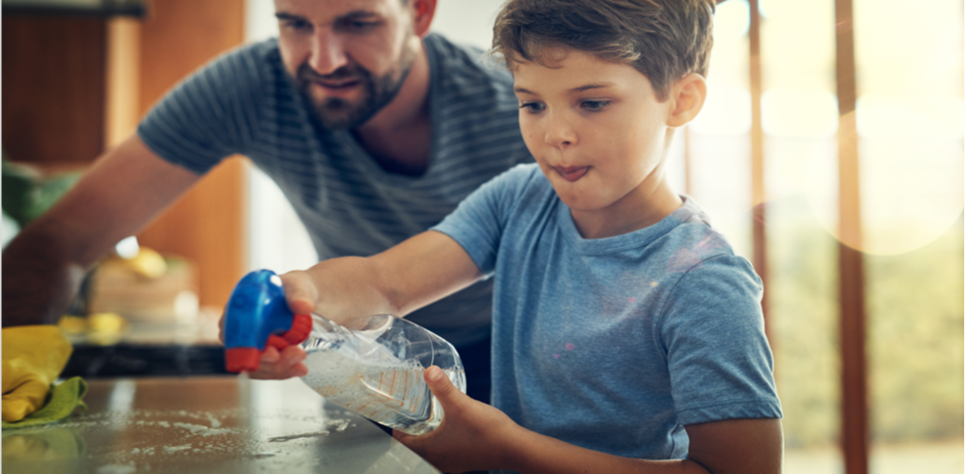COVID-19 testing coverage after the end of the Public Health Emergency
After May 11, 2023, Anthem plans cover medically necessary COVID-19 testing and the care visit where the test takes place, but out of pocket costs may apply based on your plan. Please talk to a doctor first to be certain you need a COVID-19 test. A doctor must order a COVID-19 test for you.
Over-the-counter COVID-19 tests
You can now order four free COVID-19 at-home test kits from the U.S. government. Test kits will ship to your home for free. Visit covid.gov to place your order.
Since the end of the Public Health Emergency on May 11, 2023, new purchases of over-the-counter tests are no longer reimbursed by your health plan. However, if your receipt is from May 11, 2023, or earlier, you can still submit a claim for reimbursement.
- Follow this link to submit a claim, or log in to the SydneySM Health mobile app, go to Claims, and choose Submit a Claim.
- If your employer has asked you to submit receipts to your pharmacy benefit plan, please don’t submit them here.
Diagnostic tests are for people who have symptoms of COVID-19. They also are for people who have no symptoms but know or suspect that they have recently been exposed to someone who has COVID-19.
